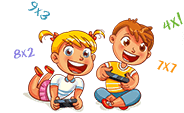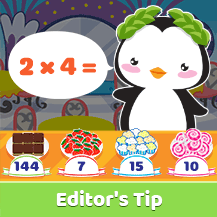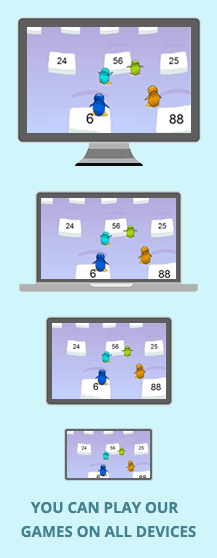Holiday Learning Loss in Kids: Cause, Prevention Tips and More
By Megan - 12/26/2022
The holiday season is when kids get a break from school to enjoy time with family and indulge in holiday festivities. Winter break has plenty of positive benefits for kids, such as reduced stress, burnout, and exhaustion. It’s a reset period for children to reflect on their previous semesters and prepare for the new year. At the same time, younger school kids can struggle with learning loss during the holidays, especially if they don’t set aside time to practice their new skills.
In this article, we will explore the cause of holiday learning loss, prevention tips for parents and more. Keep reading to learn everything you need to know to help your child return to school prepared.
What is Holiday Learning Loss?
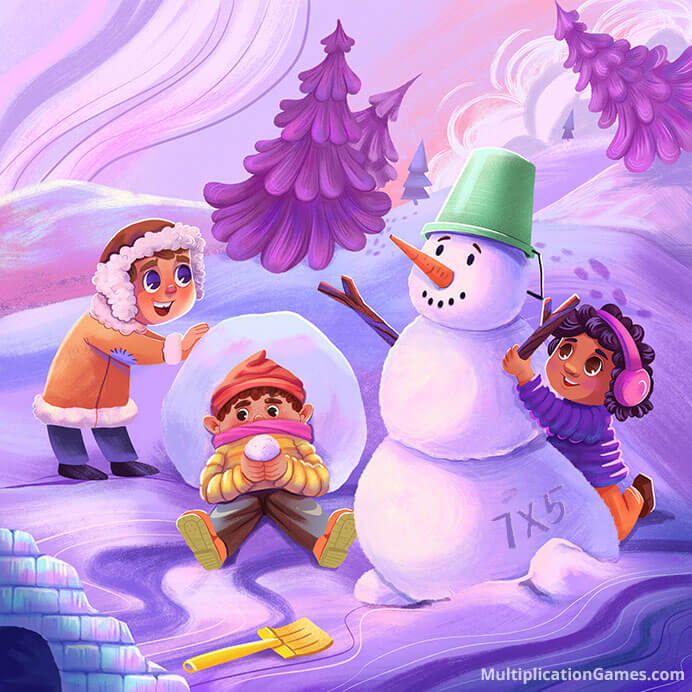
Holiday learning loss is a result of extended periods of time away from a structured learning environment. Younger kids will often retain conceptual skills but can easily forget complex facts they learned in math, history or science due to minimal exposure. While a child’s brain develops, they need to interact with academic material routinely to create a long-term memory.
It’s normal to notice a slight regression during long-term breaks, especially once your child returns to school. For many parents, this can be overwhelming to navigate as you want your child to enjoy their break without any intellectual setbacks.
Alongside holiday learning loss, many kids will have difficulties getting back into a school routine. As a result, they may have trouble waking up in the morning, focusing and sitting still for long periods of time. When you pair these issues with academic memory loss, it can take weeks for your child to catch up.
If you want to target all of these common concerns, create a realistic routine that keeps your child on track. For example, have them use their lunch break to practice flashcards or play math games. Consider balancing their playtime with a study break, incorporating fun academic materials that hold their attention.
Here are six tips for preventing holiday learning loss:
1. Give your child educational games for the holidays
If you tell kids they have to do homework over break, they will likely procrastinate doing it at all costs. However, if you give your child fun materials that make learning feel like an activity instead of a chore, they will be more motivated to practice their skills.
Some great examples of educational games are board games, multiplication games, math flashcards, math manipulatives, science experiments, and geography posters. If your child likes to play digital games, you could also find them an academic game for their favorite device.
2. Bake holiday cookies with your family
If you want to sneak some extra math into your kid's day, have them measure all the ingredients for a cookie recipe. While you bake, you can ask them math questions like how many ¼ cups equal 1 cup. Make sure to keep your child engaged and give them the freedom to autonomously solve problems as they go.
Something as simple as baking with measuring cups can activate the same areas of their brain they use to think critically. Over the break, these small steps can help them stay familiar with working through challenges effectively.
3. Have your kids compete against each other in math games
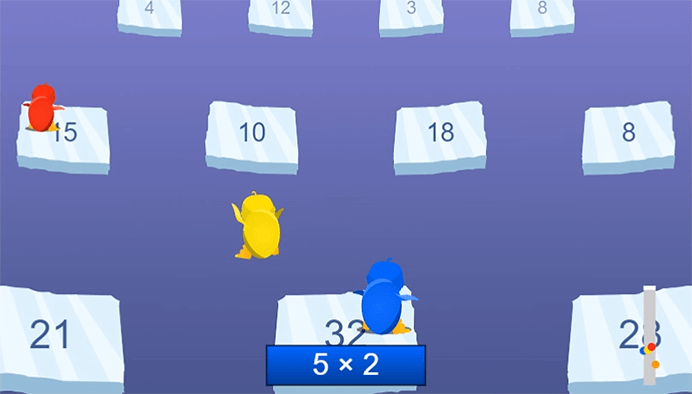
If you have multiple kids or your child has a few close friends, have them play math games against each other to see who wins. There are plenty of digital math games available for free that can be a fun activity for kids to brush up on their skills. By adding a competitive element, they will enhance their ability to work through problems under pressure. You can find a number of competitive games on our website, such as Multiplication Race and Penguin Jump Multiplication.
4. Read books together
Consider picking out a few festive books to read with your children over the holiday break. Depending on their reading level, you can choose higher-level books that expand their vocabulary and memory retention. After you read a chapter or finish a short book, ask your child to summarize the story in their own words and explain what it means to them. This simple practice helps them reflect on what they remember from the story while formulating new ideas, similar to writing an essay or answering a question in class.
5. Set aside 30 minutes a day for learning
If you have time to spare, consider spending 30 minutes a day helping your child learn a new skill. If you have old worksheets from the previous semester, review the materials with your child and ask them what they struggled with the most. Help them brush up on topics that gave them a hard time, as these will be more difficult to pick up in the new year.
For additional resources, you can also make a playlist of YouTube videos that teach different skills to kids. This can be a great way to add an educational element while keeping kids in a routine, as they know what to expect daily.
6. Explore the history of your area or vacation destination
Since many people travel for the holidays, creating a reliable routine for your child might be hard. In that case, consider ways to practice skills in the car and reflect on different topics. Keep school top of mind for kids and ask them reflective questions about their strengths and weaknesses.
If you are traveling to a new area, or just staying home, explore the history of your town/destination. Many areas will have historical roots, opening up an amazing opportunity to teach your child new facts. Once they return to school, they will be ecstatic to share their new findings with friends.
The Takeaway: Prioritize Balance During Winter Break
At the end of the day, winter break should be about enjoying fun family time. Whenever you can, take time to balance out your child’s day with educational materials, games and resources. Simply discussing different topics and having conversations with your kids can help them retain skills and return to school prepared.
